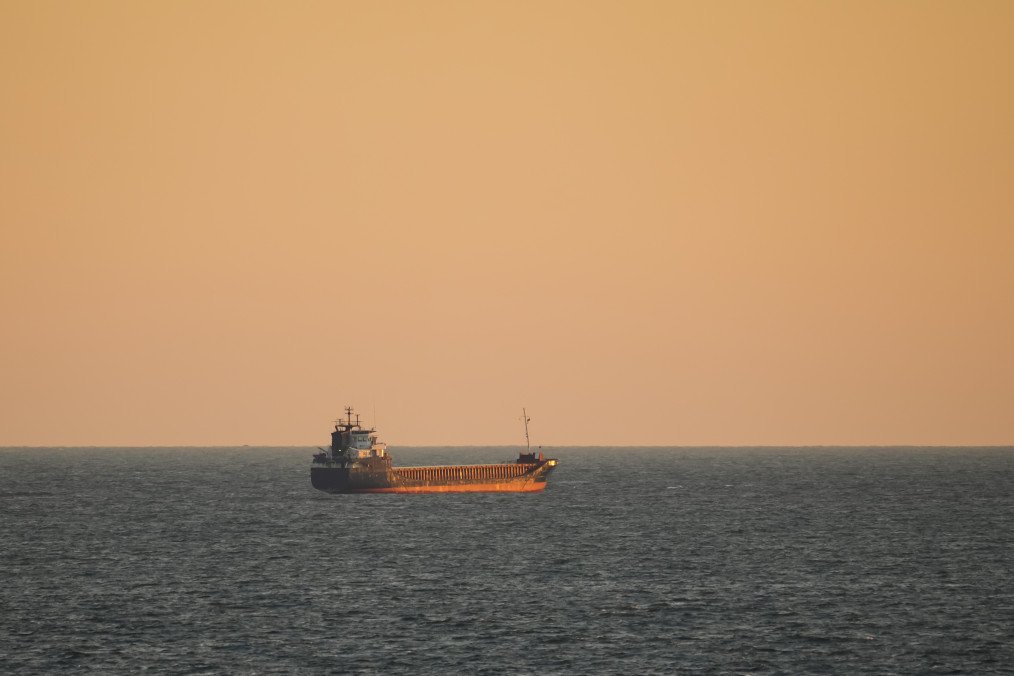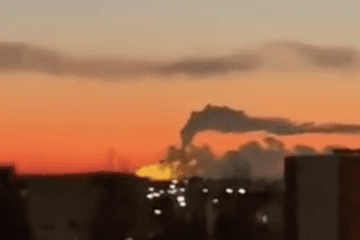The UK has announced it will be imposing a new set of sanctions on Russia’s shadow fleet, targeting 30 tankers involved in transporting billions of dollars’ worth of oil since the beginning of the year. These sanctions, which take effect on November 25, increase the total number of oil tankers sanctioned by the UK from 43 to 73.
This follows the UK’s previous largest sanctions package, unveiled on October 17, which targeted 18 vessels. To date, 46 countries, including the EU, have joined the UK-led initiative against the shadow fleet, a campaign launched by British Prime Minister Keir Starmer at the European Political Community summit in July.
Oil revenues are a vital source of funding for Russia’s invasion of Ukraine. According to UK officials, sanctioned tankers have transported around $4.9 billion worth of crude oil over the past year, directly fueling Russia’s war efforts.
Moscow’s shadow fleet also poses significant risks to global trade. Composed largely of aging ships, the fleet is difficult to regulate. Many vessels lack insurance and operate beyond international oversight, making them harder to be held accountable for accidents or environmental damage.
The announcement of this latest sanctions package coincides with the G7 Foreign Ministers' meeting in Fiuggi, Italy, on November 25 and 26. During the meeting, the UK Foreign Secretary is reportedly expected to urge other countries to continue applying pressure on Russia’s war machine, while also pushing for increased military and financial support for Ukraine.
Russia’s shadow fleet is composed of vessels used by Moscow to obscure their transport of sanctioned Russian oil since the start of Russia’s full-scale invasion of Ukraine. The exact number of tankers involved in transporting Russian oil is unknown, as estimates vary. By March 2023, CNN reported about 600 tankers of various capacities. Today, Russia is believed to directly or indirectly control between 1,400 and 1,800 tankers, making it the largest operator of a shadow fleet.








-72b63a4e0c8c475ad81fe3eed3f63729.jpeg)